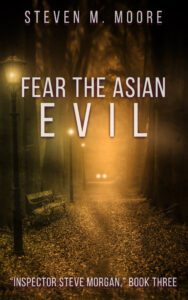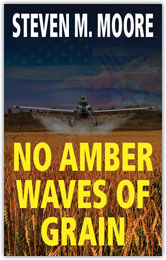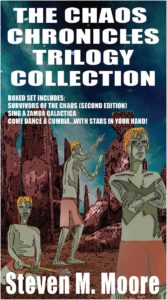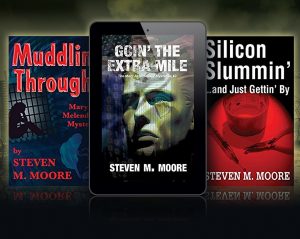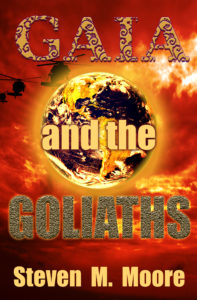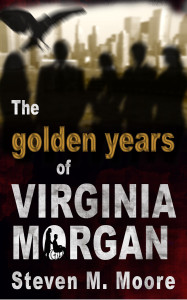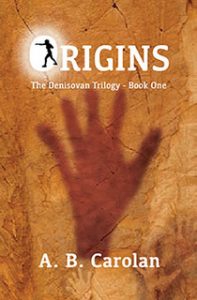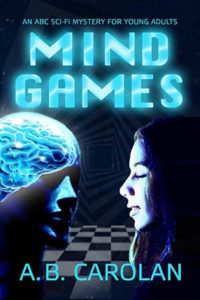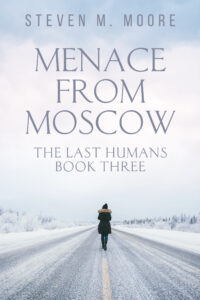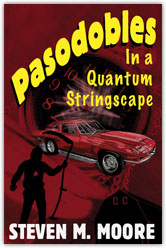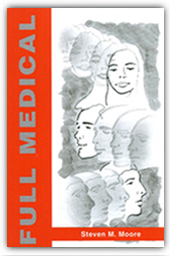Endorsements and reviews…
Wednesday, February 26th, 2025The so-called “gurus,” those people who claim to know what authors should do to achieve success in publishing, often stress the importance of endorsements and reviews. They’re full of you know what!
I’ve written enough reviews and also received enough for my own books that I can state that they’re basically worthless. Think about it: Do you read a book because some stranger, reviewer X, says it’s a good read? Hell no! You might attempt to read a book if you receive a “review” (often viva vos) from a good friend, someone whose opinions you trust and value; but you’re deluding yourself if you only plow through a book because that stranger says it’s the thing to do, that “everyone else” is also reading it. (By the way, X has nothing to do with slimy and swampy Elon Muskrat! He hasn’t yet been able to take it over yet as a generic symbol for something or someone…yet.)
Don’t get me wrong: I’d rather read a good book than watch most anything on TV. I still love books and hate most other forms of entertainment a little more with each day that passes. I get enjoyment from writing my own stories too—that’s the joy of creation. I know I can tell a powerful story, one that a casual reader of fantasy and romance (J. K. Rowling and Nicholas Sparks’ mass-produced trivia comes to mind) might hate (to each his own, I say).
But I’ll never expect readers to read one of my books because some reader they don’t know from Adam or Eve says it’s the greatest thing they’ll ever read; and, as a reader, I don’t care what a damn critic or reviewer says about a book that grabs my attention either, although I might wonder what their BS means.
Authors starting out sell their souls in their efforts to get a number of “good reviews.” (Some PR and marketing sites even demand a certain number as an additional pound of flesh beyond the their exorbitant fees!) That’s all BS too! It’s as stupid as getting publicity from Oprah (when she was actually pretending to work instead of pandering to Meghan Markle), or getting on the NY Times’s bestseller list. (Who the hell even cares about their damn formula? They’re not Coca-Cola, after all. The Times is a an NYC publisher, so they’re part of that NYC publishing mafia. Forget about all of them and the critics they hire who have never written a damn thing that’s worthwhile!) All an author should do is tell the best damn story they can…and then write the next one! (I’ve done that a few times!)
Simon and Schuster, one of those bloated NYC publishers trying to force people to read their formulaic fiction, recently ended their requirement of “book blurbs”—by the way, they don’t think of them as just summaries of books (how most people define them!), but as endorsements of an author and his book made by other authors who presumably have more “name recognition.” The use of these endorsements has always been just more evidence for a “book mafia.” The latter is comprised of that group of publishers, editors, and the Big Fives’ (mostly NYC publishers) old mares and stallions, who are all comfy in their cushy stables, everyone enjoying the many reciprocal pats on the back as they control the competition and slow down any threatening newcomers who are trying to break into fiction’s elite ranks. I used to ask myself: What does a Baldacci or Deaver get from endorsing another author’s book they probably never read? The answer’s obvious: An endorsement for their own next book! I’m not sure if an endorsement increases the likelihood of traditional book publishing’s demise—it’s already in its death throes—but its incestuous nature certainly can’t help.
Needless to say, I’ve never paid any attention to either reviews or endorsements as either a writer or a reader. I’ve always known enough from a “peek inside” and the book’s blurb (my meaning is “summary”), or the ebook costs so little that I’m willing to take a gamble, that I can decide whether it’s worth buying and reading. (The cost is an indication of quality too—authors like James Patterson exploit other authors and therefore their readers by maintaining an elaborate assembly line that makes Henry Ford look like an amateur entrepreneur.) That filtering benefits me because I can avoid wasting my time reading a lot of “popular authors” whose plots and prose have become boring, formulaic, and uninteresting trivial rubbish (sometimes that describes their very first book!). So be it. If someone asks if I’ve read so-and-so’s title Y, I often can proudly say no! It also means that I can maintain a high moral standard for my own stories that’s not influenced by greed or pandering to certain sectors of the public that I find despicable.
To those who counter these sentiments by saying that writing is a business, I can reply that writing is an art, and to be true to my art, I must ignore that business aspect as much as I possibly can. Pandering to what few readers are left is a waste of time; pandering to the Big Five’s mafia is prostituting my artistic soul. I’ll do neither one!
***
Comments are always welcome. (Please follow the rules listed on the “Join the Conversation” web page. If you don’t, I can guarantee you that your comment will never appear.)
“Writing Fiction.” If you’re an author, especially one who’s starting out, I’ve summarized some of the things I’ve learned along my writing journey. If you can believe it, I started before ebooks even existed! Now that’s all I publish (via Draft2Digital/Smashwords), mostly because of what I described above. I often update this sometimes acerbic and often controversial DIY manual, but I originally offered it as a more believable and useful self-help treatise than King’s On Writing that now has only historical value (if that!). Like all my writing, take it or leave it. And, like a lot of my recent writing, it’s a free PDF download. (See the entire list of free downloads on the “Free Stuff & Contests” web page.)
Around the world and to the stars! In libris libertas!

